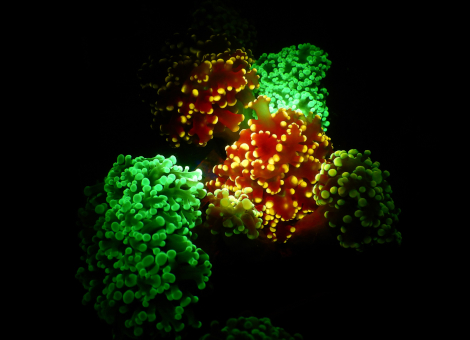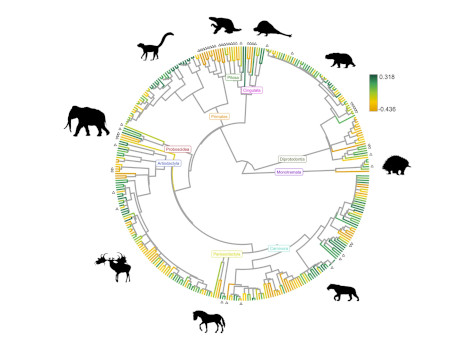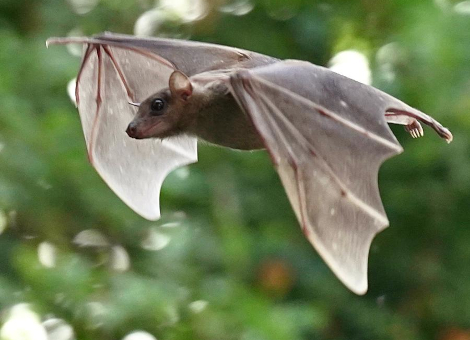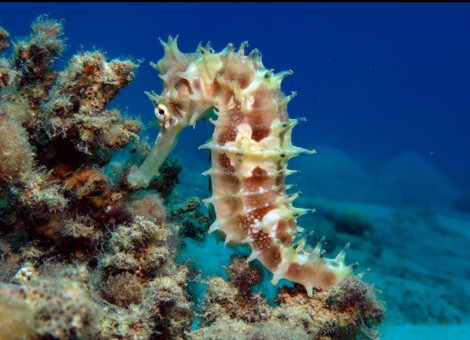
TAU researchers discover why corals glow even in the depths of the sea
A new Tel Aviv University (TAU) study has demonstrated that the magical phenomenon in which deep-reef corals display glowing colors (fluorescence) is intended to serve as a mechanism for attracting prey. The study shows that the marine animals on which corals prey recognize the fluorescent colors and are attracted to them. The research was conducted… Read More






